General Health
What To Do If A Bee Stings You?
3 min read
By Apollo 24|7, Published on - 26 September 2022, Updated on - 07 August 2024
Share this article
0
0 like
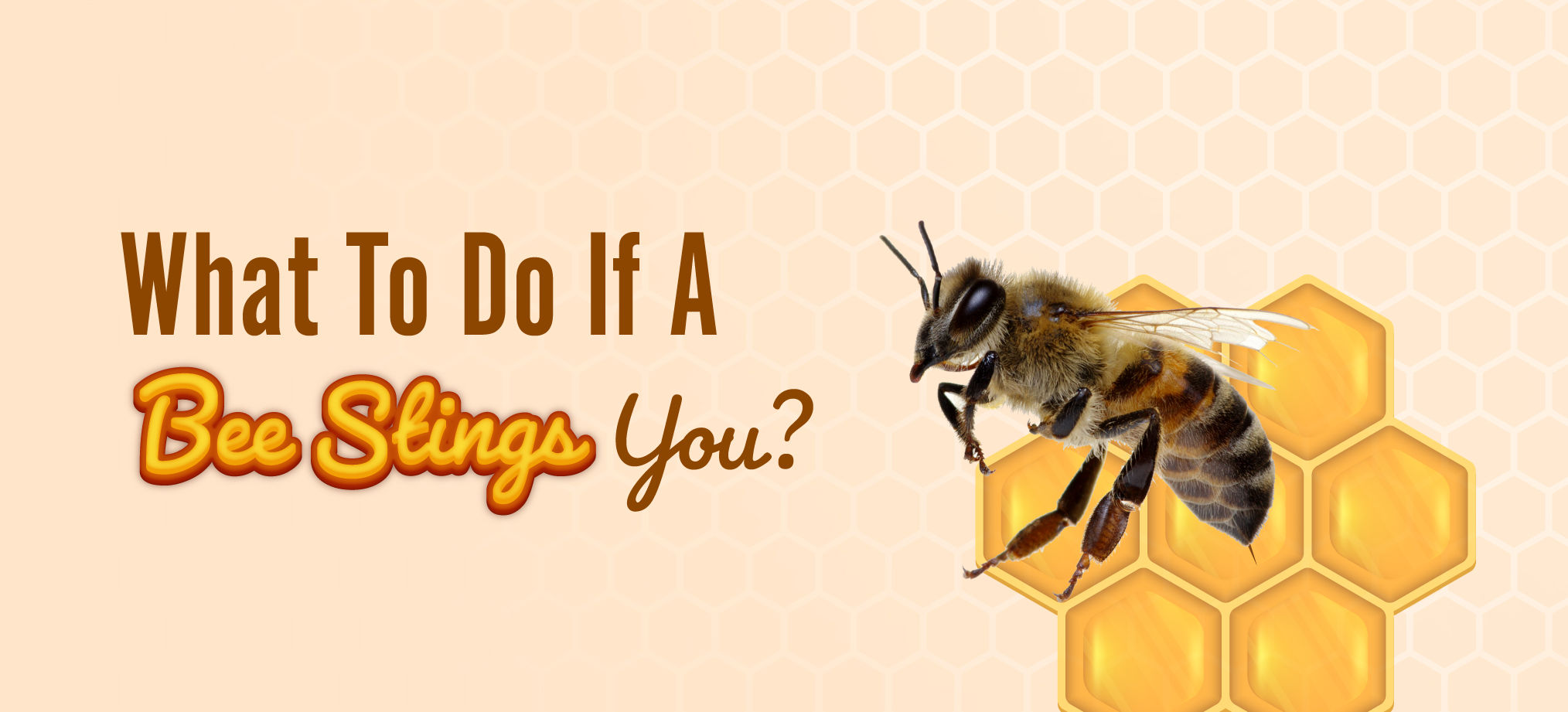
Did you know there are more than 25000 different species of bees but not all of these sting? However, the ones that do may leave you with agony and pain for a few days. According to the Schmidt Sting Pain Index to measure the intensity of pain of different stingers, on the pain scale of 5, bee sting pain can be rated at 2. The bee usually leaves behind a barbed stinger, which releases venom into the skin. You'll be surprised to know that bee stings can sometimes become life-threatening, especially for those suffering from pre-existing allergic conditions. Read on to know how bee stings can be dealt with.
What Is A Bee Sting?
A bee sting can be considered a type 1 hypersensitivity reaction as the body severely reacts to the foreign antigens (the sting). To understand this much better, one should understand more about a bee stinger and the hypersensitivity reaction caused by it.
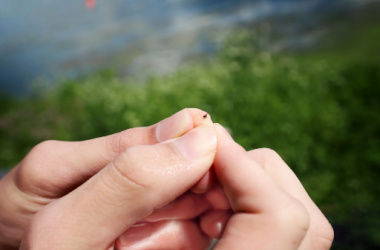
Facts About A Bee Sting
- A bee sting is mainly composed of water(88%).
- The bee sting is generally acidic, so people believe that using basic pastes like baking soda may bring relief to the pain.
- The pain-inducing chemical consists of melittin, a significant ingredient of the toxin. This primary causative agent acts on our body's red blood cells, causing them to burst, followed by blood vessel expansion. It is also proinflammatory therefore, it reduces blood pressure.
- Another protein called Phospholipase A2 is also responsible for the pain associated with a bee sting. Both of the chemicals work together to destroy the cells present at the site of the sting.
- The venom also contains Histamine, which causes leaks in the tiny blood capillaries, making the site itchy.
- The bee venom also contains a few other chemicals like Apamin (which destroys nerve tissue), and Hyaluronidase (which spreads the toxin to the neighbouring cells) that help strengthen its toxicity.
- Usually, an adult can tolerate about ten stings as the human kidneys clear the toxins released by the infected cells and the sting. However, if more than 10 bees sting a person at the same time, they may become unconscious or suffer an allergic shock. Every 2 out of 1000 people are at risk of anaphylaxis (an acute allergic reaction or hypersensitivity).
Effects Of A Bee Sting
Bee stings also have certain side effects, which include:-
- Unbearable pain at the site
- Red itchy swelling
- Nausea or vomiting
- Dizziness
Multiple bee stings can have severe effects on the body, some of which include:
- Headache
- Unconsiousness
- Fever
- Convulsions
- Reduced blood pressure
How To Treat A Bee Sting?
Easy measures that may help manage a bee sting include:
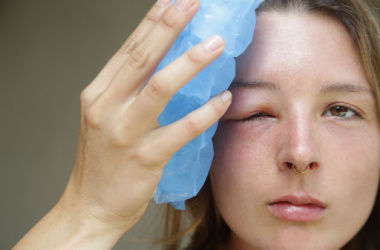
- Apply ice to the affected area as it contracts the blood vessels and decreases the blood flow.
- Soothing lotions like calamine lotion can help cool down the area and reduce inflammation.
- Home remedies such as mixing water with baking soda also bring immediate relaxation.
- The general belief is that rubbing two metals together and applying the mixture to the affected area helps to remove the stinger and reduce inflammation. However, there is no scientific backing for this remedy.
- Oral antihistamine containing diphenhydramine or chlorpheniramine can be used to relieve inflammation, swelling, and itching. Avoid using aspirin as it may worsen the condition.
- Nowadays, Epi-pens (an emergency epinephrine autoinjector) are also available, which can help prevent allergic reactions after a sting.
In most cases, there is no need to visit a doctor. However, in cases where the affected person may have a pre-existing allergy, a doctor must be consulted.
So, if a bee stings you, stay calm and act accordingly. Acting recklessly in such a situation will only worsen the inflammation. If the condition worsens, immediately seek help rather than depending on the household treatment.
If you need medical assistance,
Medically reviewed by Dr Sonia Bhatt.
General Health
Consult Top Counseling Specialists
View AllLeave Comment
Recommended for you
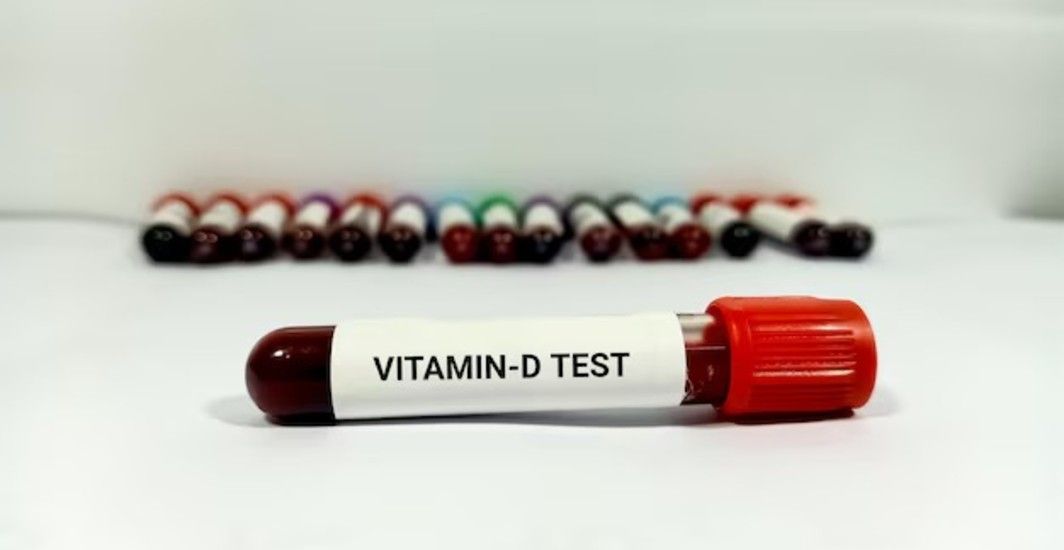
General Health
Vitamin D Test: Purpose, Procedure, Range and Results
Discover the purpose, procedure, normal range, and results of a Vitamin D test. Understand how Vitamin D levels impact your health and when to get tested.
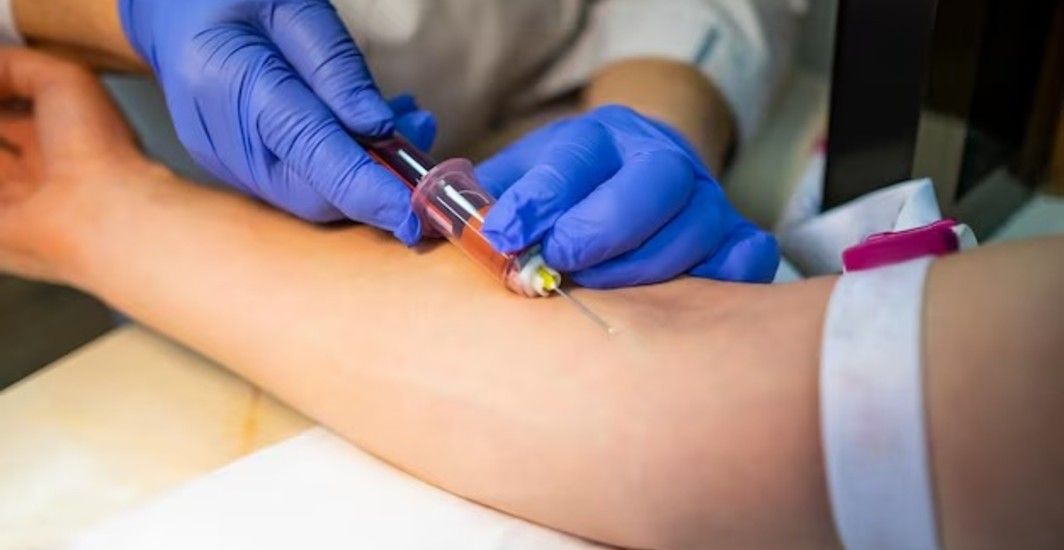
General Health
Uric Acid Test: Purpose, Procedure, Range, and Results
Uric Acid Test helps diagnose gout, kidney disease & other conditions. Learn about its normal range, procedure, purpose, and how to interpret results.

General Health
Double Marker Test: Results, Normal Range, Procedures and Purpose
Understand your double marker test results for pregnancy screening. Learn about potential risks and discuss next steps with your healthcare provider.
Subscribe
Sign up for our free Health Library Daily Newsletter
Get doctor-approved health tips, news, and more.
Visual Stories

Could There Be More to Your Snore?
Tap to continue exploring
Recommended for you

General Health
Vitamin D Test: Purpose, Procedure, Range and Results
Discover the purpose, procedure, normal range, and results of a Vitamin D test. Understand how Vitamin D levels impact your health and when to get tested.

General Health
Uric Acid Test: Purpose, Procedure, Range, and Results
Uric Acid Test helps diagnose gout, kidney disease & other conditions. Learn about its normal range, procedure, purpose, and how to interpret results.

General Health
Double Marker Test: Results, Normal Range, Procedures and Purpose
Understand your double marker test results for pregnancy screening. Learn about potential risks and discuss next steps with your healthcare provider.

